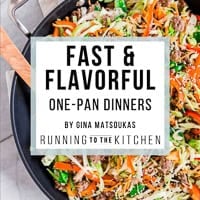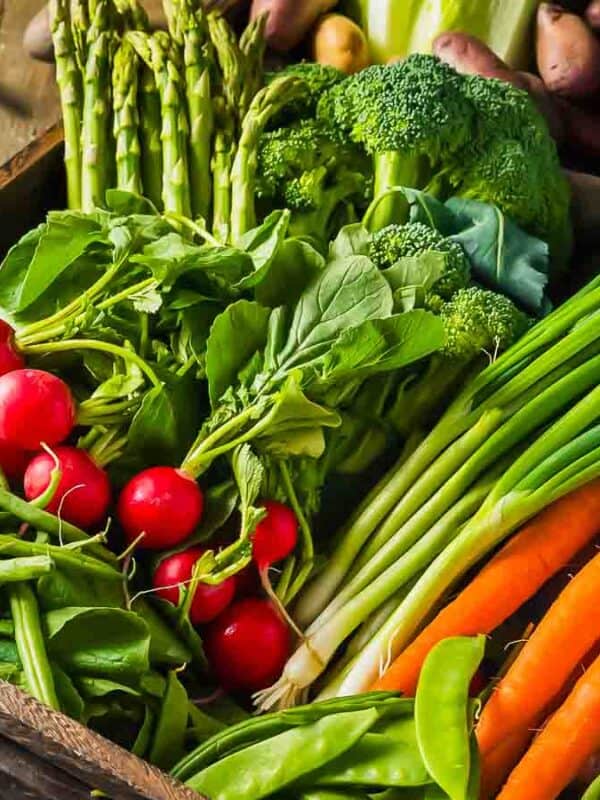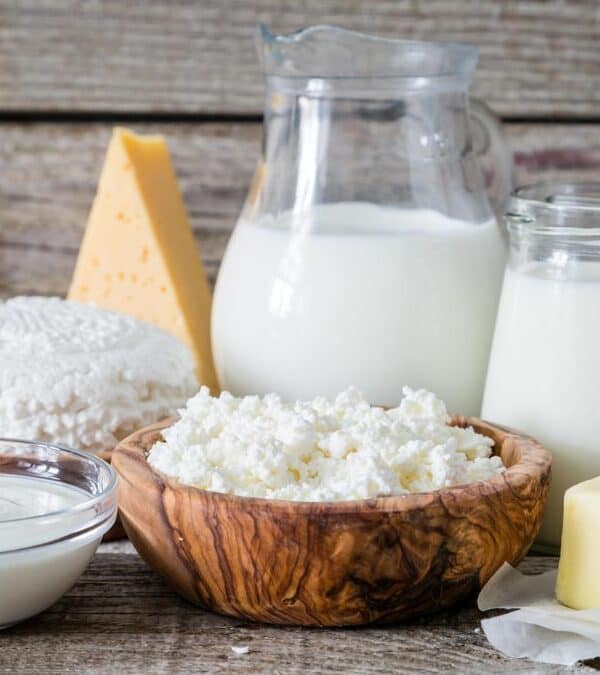Deciding whether to go organic isn’t just about personal health—it’s also about considering broader environmental and economic impacts. This article takes a no-nonsense look at the real benefits and downsides of organic food. From the health of the soil to the health of your wallet, we’re laying out what you need to know to make an informed decision.

Pro #1: Reduced Chemical Exposure

Going organic means reducing your exposure to pesticides and synthetic chemicals. Conventional farming often relies on these substances to boost crop yields, but they can remain as residues on (and in) the food we eat.
Pro #2: Improved Soil Health

Organic farming techniques often lead to improved soil health through the use of natural fertilizers and crop rotations. This can enhance the soil’s ability to retain water and nutrients, contributing to better crop yields over time.
Pro #3: Preservation of Biodiversity

Organic farming supports greater biodiversity. By prohibiting certain synthetic pesticides and fertilizers, organic farms promote more natural ecosystem conditions, which support a variety of life forms.
Pro #4: Support for Small Farmers
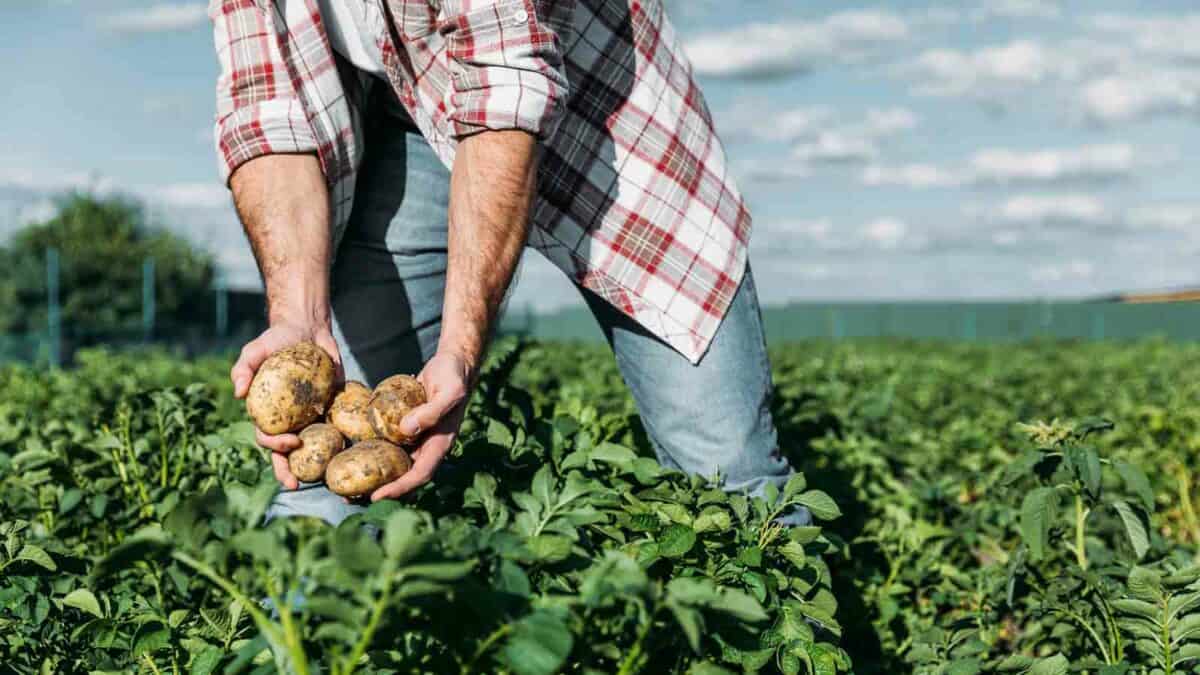
Buying organic often supports small and local farmers who choose to farm sustainably, helping to maintain biodiversity and reduce the monopoly of large agribusinesses.
Pro #5: Animal Welfare

Organic standards promote better animal welfare conditions compared to conventional farming. Animals in organic farms typically have access to the outdoors and are fed organic feed.
Con #1: Higher Costs
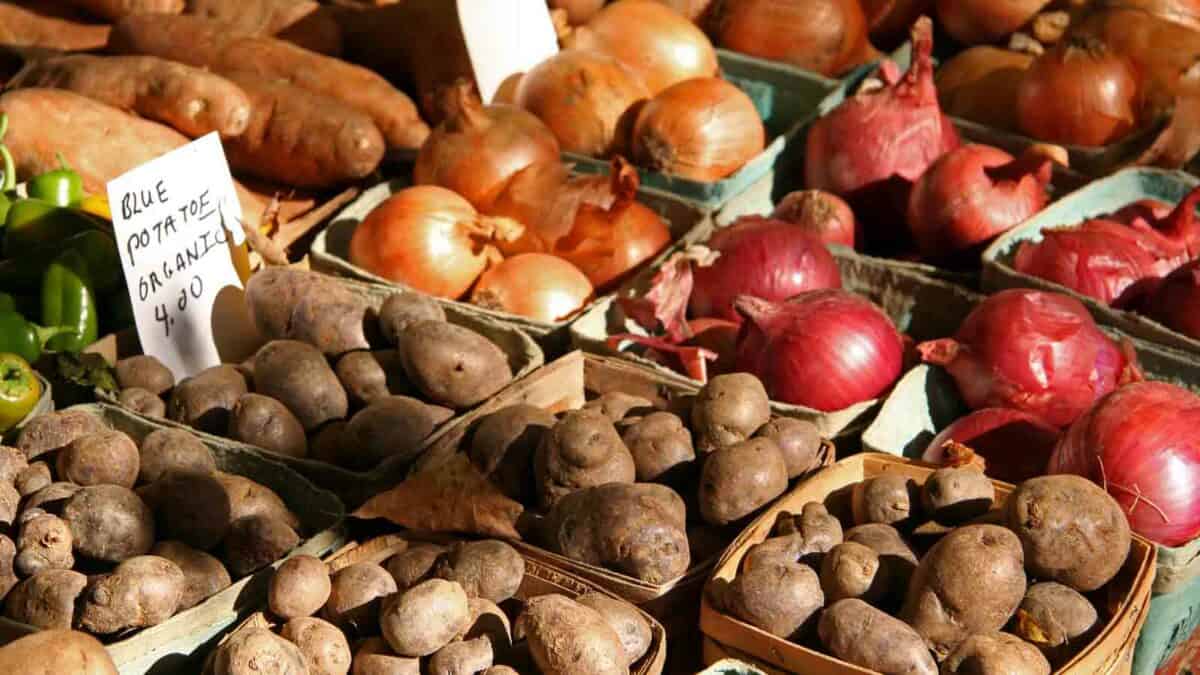
Organic foods typically cost more than their non-organic counterparts due to more labor-intensive agricultural practices and lower yields. This can make organic food less accessible for some people.
Con #2: Misleading Labels
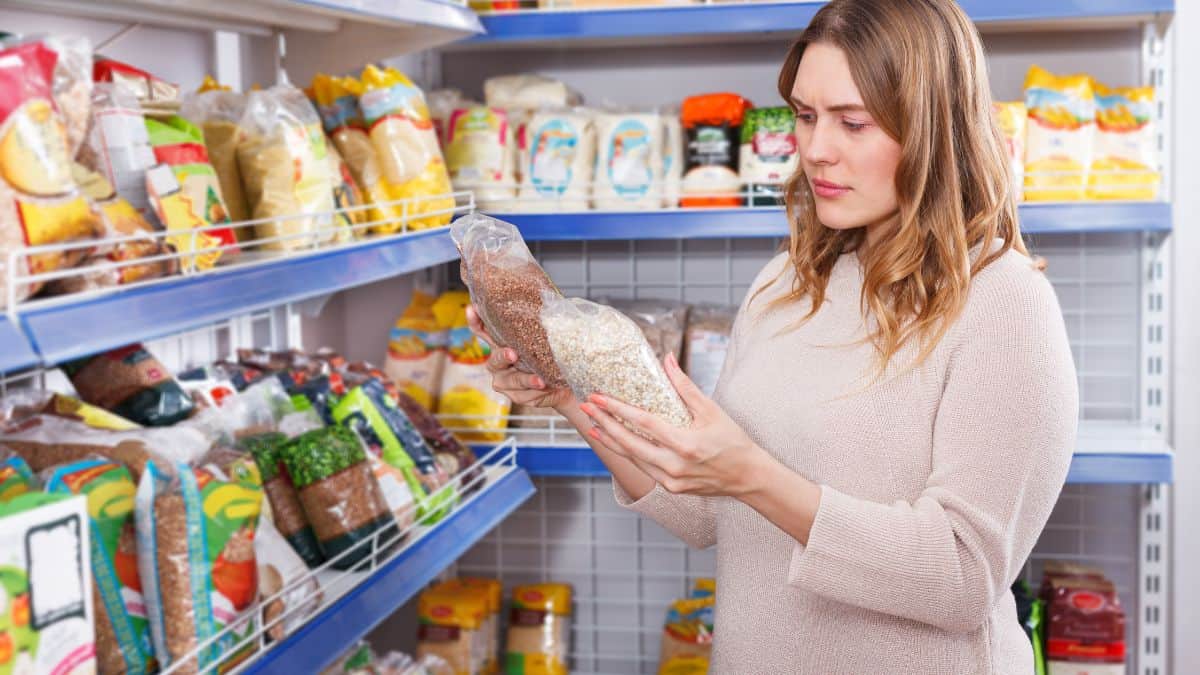
The organic label can sometimes be misleading. Not all organic products are created equal, and the standards can vary widely, which can confuse consumers about the benefits and quality of what they’re buying.
Con #3: Not Necessarily Pesticide-Free

While organic farming reduces the use of synthetic pesticides, it doesn’t necessarily mean pesticide-free. Organic farms use natural pesticides, which can also have health and environmental impacts.
Con #4: Limited Availability

Organic foods are not always available in every grocery store or region, particularly in less affluent areas, making it harder for everyone to access them.
Con #5: Resource Intensity
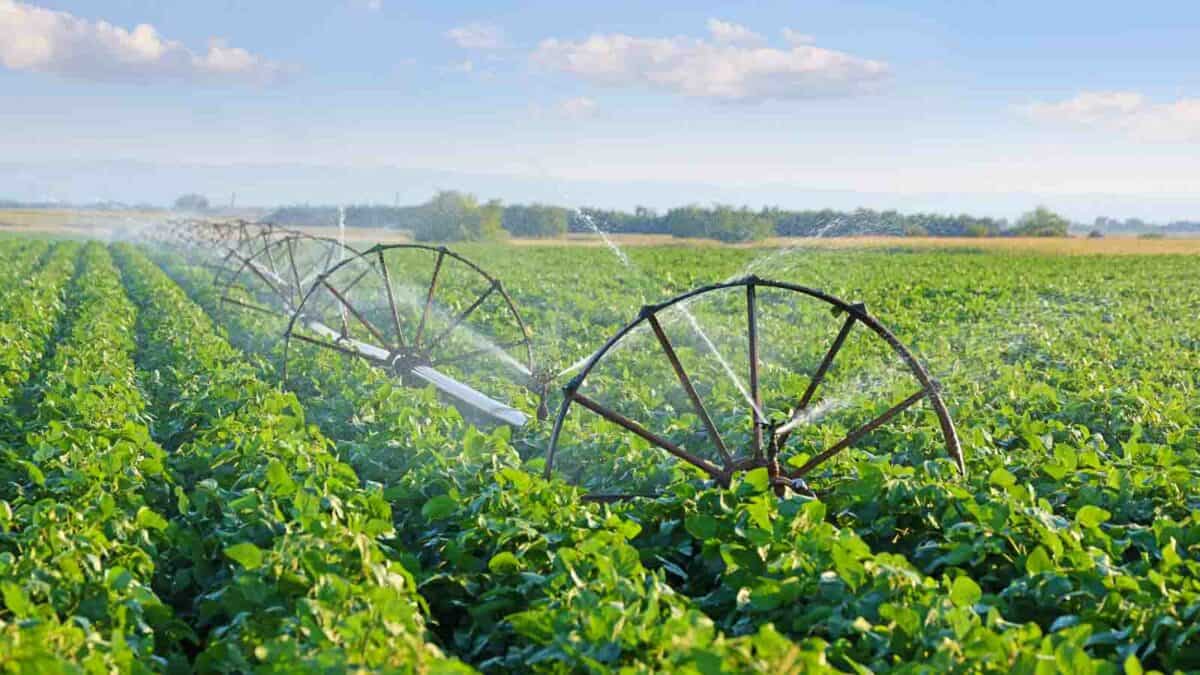
Organic farming can require more resources in terms of land and labor to produce the same amount of food as conventional methods, which could be seen as inefficient, especially with growing global food demands.
Top 13 Organic Products You Need to Pick Up at Costco

Costco is a treasure trove for those who love organic products, offering quality and value in one go. Whether you’re stocking up your pantry or planning a healthy meal, their range of organic items can’t be beaten. We’ve rounded up the top must-buys that keep your shopping cart balanced with wholesome choices. From fresh produce to essential pantry staples, here’s what you should be grabbing on your next trip.
Read it Here: Top 13 Organic Products You Need to Pick Up at Costco
12 Foods Containing The Most Pesticides That You Should Buy Organic

It turns out that the crunch of an apple or the sweetness of strawberries might come with an unwanted extra: pesticides. These chemicals, aimed at keeping pests and diseases at bay, tend to linger more on some fruits and veggies than others. Every year, the Environmental Working Group (EWG) lists the “dirtiest,” most heavily sprayed foods. Here’s what to avoid this year or choose their organic counterparts.
Read it Here: 12 Foods Containing The Most Pesticides That You Should Buy Organic
Select images provided by Depositphotos.
Gina Matsoukas is an AP syndicated writer. She is the founder, photographer and recipe developer of Running to the Kitchen — a food website focused on providing healthy, wholesome recipes using fresh and seasonal ingredients. Her work has been featured in numerous media outlets both digital and print, including MSN, Huffington post, Buzzfeed, Women’s Health and Food Network.
